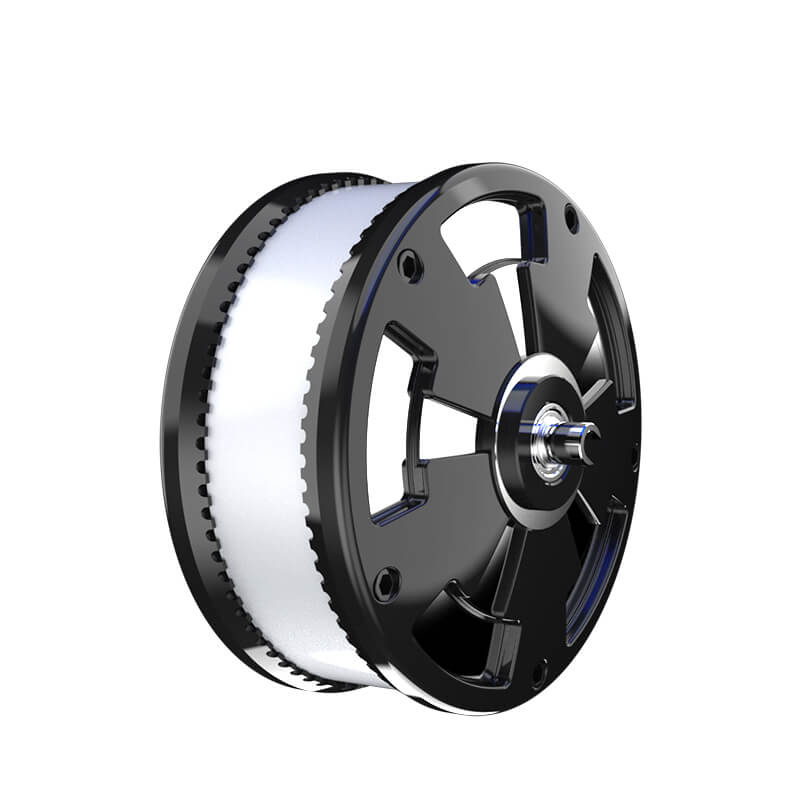Imagine this: you’re sitting in your office, staring at a mountain of server logs, trying to make sense of multiple databases, APIs, and microservices that seem to be dancing out of sync. Sound familiar? That’s where the magic of “microservices data with Docker” steps in, turning chaos into harmony.

Let’s talk about what makes this combo so powerful. Docker, as you probably already know, is like the Swiss Army knife for containerization. It packs your apps into portable, lightweight units, so they run the same way on any machine. Now, pile on microservices—the modular, small chunks that handle specific tasks—and you get a system that’s flexible, scalable, and resilient. But what if managing data across these services becomes a messy, tangled web? That’s where thoughtfully leveraging Docker for data management makes all the difference.
Here's a scenario—say you’re running multiple microservices for an e-commerce platform. The checkout, user profiles, order tracking—all running in isolated Docker containers. How do you keep their data consistent? That’s where Docker’s volume management comes into play. By binding containers to persistent storage, data stays intact no matter what happens to individual containers. Plus, with Docker Compose, you can orchestrate these containers, defining how they talk to each other and share data seamlessly. It’s almost like choreographing a musical ensemble—each part needs to be in sync for the melody to work.
Of course, some people might ask, “Isn’t managing data in containers risky? What about data integrity and security?” Good questions. Containers do introduce some complexity, but with the right setup—using dedicated data services, setting clear access controls, and employing data backups—you can keep everything secure. Docker’s ecosystem also offers tools for monitoring and handling data migration, making sure your microservices stay robust and responsive.
Plus, adopting Docker for microservices data isn’t just about keeping things tidy; it’s about agility. Think about how easy it is to spin up a new environment for testing, or roll back to a previous version without disrupting live operations. It’s like having a sandbox where you can experiment without risking the main playground. For rapidly evolving teams and booming startups, this can be a game-changer.
What about performance? Docker containers are lightweight, so they don’t bog down your system resources. When paired with efficient data storage solutions, your microservices can communicate at lightning speed. Also, because each container is isolated, you can optimize memory and CPU usage per service, fine-tuning your entire setup for maximum efficiency.
It’s no secret that data is the backbone of anything digital. Managing it well within a microservices architecture isn’t just smart—it’s necessary. Docker doesn’t just give you containers; it offers a foundation for building a data ecosystem that’s flexible, portable, and prepared for the future. Whether it’s handling complex distributed data stores or ensuring data consistency across services, this approach gets you closer to modern cloud-native efficiency.
Trusting in a system that uses Docker for microservices data means trusting in growth, in resilience, in agility. It’s about turning those sleepless nights of database chaos into calm, organized workflows. The question isn’t “Why use Docker with microservices data?” it’s “Can you afford not to?”
Established in 2005, Kpower has been dedicated to a professional compact motion unit manufacturer, headquartered in Dongguan, Guangdong Province, China. Leveraging innovations in modular drive technology, Kpower integrates high-performance motors, precision reducers, and multi-protocol control systems to provide efficient and customized smart drive system solutions. Kpower has delivered professional drive system solutions to over 500 enterprise clients globally with products covering various fields such as Smart Home Systems, Automatic Electronics, Robotics, Precision Agriculture, Drones, and Industrial Automation.




































